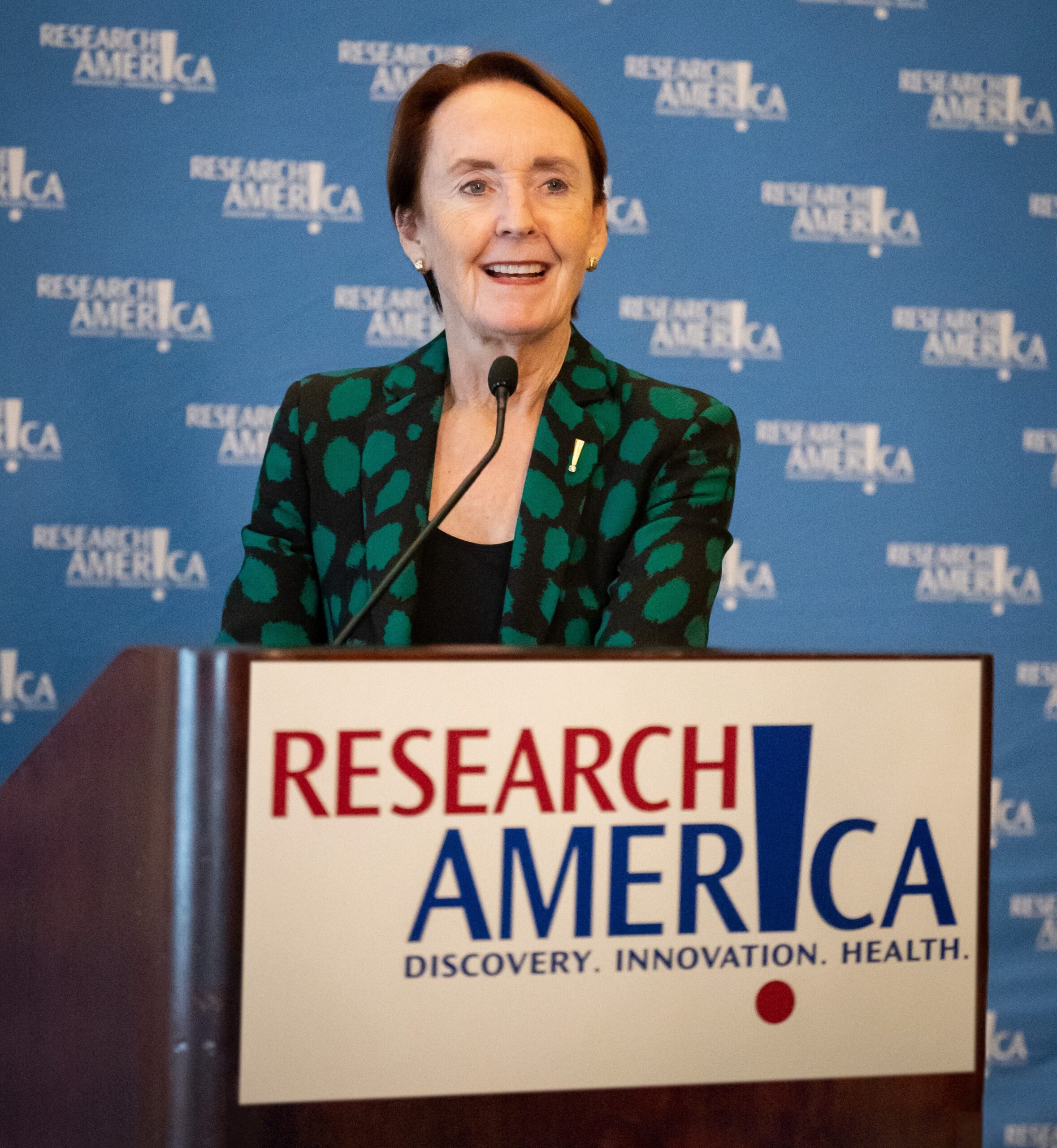At Odds

For the first time in 20 years, locally-acquired cases of malaria (in contrast to cases acquired by travel to malaria-prone areas) have been recorded in the U.S. – one case in Texas and six in Florida. Mosquito populations in Florida have tested positive for the parasite that causes malaria, which means we could see more cases in the future. For more information, especially the role of research in protecting us from this threat, see our recent Malaria Fact Sheet and don’t miss our upcoming alliance discussion with the new head of the CDC National Center for Emerging Zoonotic and Infectious Diseases (NCEZID) (details below).
Practicable Reporting: The return of locally-acquired malaria in the U.S. is yet more proof (it’s already ample) of the importance of our nation’s investment and participation in global health research. Unfortunately, as we’ve noted in previous letters, updated foreign subgrantee reporting requirements established by NIH for the purpose of increasing transparency and accountability (inherently important across all research) are so onerous that U.S. global health research is in serious jeopardy.
This morning, we sent a letter to Larry Tabak, DDS, PhD, who is performing the duties of the NIH Director, to reiterate the concerns outlined in our response to the NIH request for input on the update. However, the main purpose of the letter is to reinforce the need for a collaborative effort with active primary grantees and subgrantees to assure any NIH reporting requirements reflect the realities on the ground for researchers. We can refine reporting requirements without impeding global health research. Please contact Ellie if we can help with your own outreach on this critical and time-sensitive issue.
On the Hill: Earlier today, the House Appropriations Committee released its “Labor-H” appropriations bill for FY24, the legislation which funds NIH, CDC, ARPA-H, and AHRQ, along with other key agencies and programs. Long story short, the news is not good at all: NIH, CDC, APRA-H and AHRQ are subject to significant and damaging funding cuts which are, as we said in our statement, “at odds with the will of the American people.” The House Appropriations Committee is expected to mark up the bill tomorrow. As we know, the appropriations process has many twists and turns. Please stay tuned for important advocacy opportunities to push back against these harmful cuts.
On the other side of the Capitol, the Senate Appropriations Committee today marked up the FY24 Commerce, Justice, Science and Related Agencies (CJS) Appropriations Act, which includes funding for NSF. The Senate bill allocates $9.5 billion for NSF, which is slightly lower than the $9.9 billion appropriated in FY23. We had urged the Committee to maintain funding at the FY23 level, at a minimum, to help the U.S. maintain our position as a global leader in science and technology. We will continue to push for additional funding to meet that goal as negotiations on appropriations levels continue.
ICYMI: On Tuesday, we held an alliance member only meeting with insights on the Pandemic and All-Hazards Preparedness Act (PAHPA) reauthorization; the controversial coverage path for new Alzheimer’s drugs; updated NIH reporting requirements for foreign subgrantees (noted above); and other salient topics. If your organization is not a Research!America member, please reach out to Joel.
Upcoming Alliance Discussion: Join us on Wednesday, July 19, at 2:30 p.m. ET for a conversation with the new Director of the CDC NCEZID, Daniel Jernigan, MD, MPH. We will discuss how CDC is making strides in preventing mosquitoes from spreading pathogens like malaria, among other cutting-edge public health work.
Congressional Life Science Fair: If you’re in the area, we hope you’ll join The Coalition for the Life Sciences and the Federation of American Societies for Experimental Biology on Wednesday, July 19, at 5 p.m. ET for the Congressional Life Science Fair on Capitol Hill. Experience leading-edge research through hands-on experiments and learn about advances improving health for all Americans. RSVP for the fair, which will be held in rooms 2044 and 2045 of the Rayburn House Office Building.




